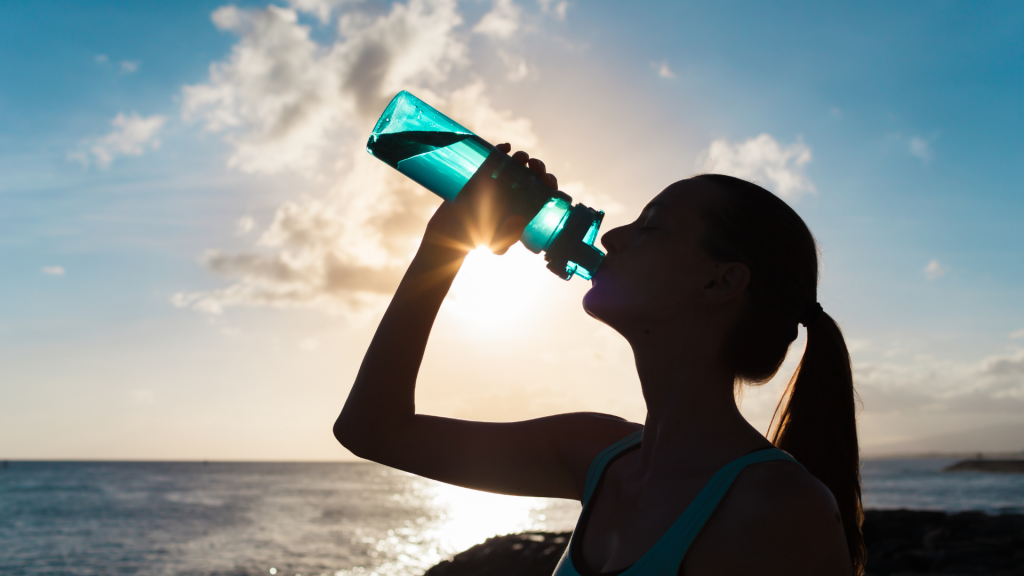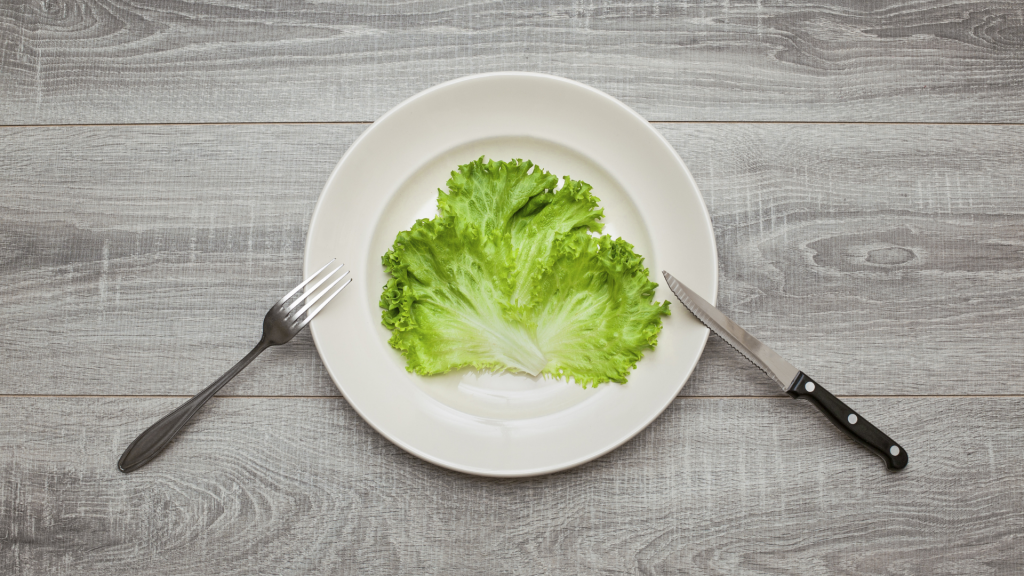Hydrating, like diet, is extremely important in fitness and for health in general. If the body does not get enough calories during physical effort, it can take them from its own ‘deposits’ of adipose tissue, or even from the muscular proteins; but when water is insufficient, things are much more complicated and there are bigger risks for the body.
Water is involved in all the metabolic processes, so not providing the body with enough of it can, as a consequence cause disruptions in bio-chemical reactions, which directly influences the effectiveness of training and even the participants state of health.
Physical effort, especially cardio, leads to dehydration through sweating. So drinking water before, during and after physical activity is critically important. Besides regulating the bodies temperature, correct hydrating helps eliminate the toxic substances produced during and after training.
Hydration acts like a ‘means of transport’ through perspiration and urine by eliminating waste and transporting nutrients to the cells in the body. Thus, the metabolism of blood sugar, lipids and proteins is carried out in healthy conditions. Without proper hydration these processes are hindered.
Sports & Exercise
Besides water, you can use isotonic or hypotonic drinks, (which have an electrolytic composition similar to that of the body) These drinks are easily and quickly absorbed by the body and they can contribute to fast restoration of electrolytes and the glycogen reserves of the body. I would only advise using these types of drinks when engaging in physical activity.
It would be advisable to drink these liquids in small and frequent doses, so that the body assimilates them better and you do not briskly overload the body during activity. Over hydrating can eliminate essential electrolytes.
In terms of normal body functioning, six electrolytes are most important: sodium, potassium, chloride, bicarbonate, calcium, and phosphate. These can be found in fruits, vegetables, legumes and dairy or if necessary sports drinks.
Correct hydrating involves a certain discipline, which means that liquids must be consumed regularly during the day, not only during physical activity. A person should not feel thirst. This is an alarm signalling that you are already in the early stages of dehydration.
It is advisable to consume 1 litre of water for every 5 stone of body weight every day and for every hour of exercise you should consume another 1 litre. This should keep you well hydrated. Don’t be concerned if you start to consume more water daily and you have to visit the bathroom more regularly. Your body will adapt and toilet visits will decrease.



